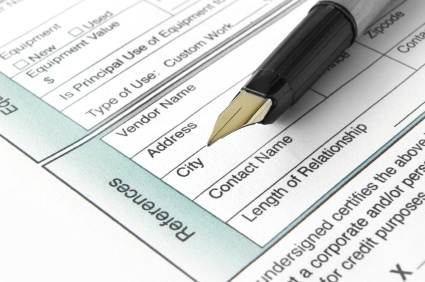Make Your References Your Competitive Advantage

References matter more than you think. Really good reference calls make a really big difference, and bad calls can crater your chances at that new job.
So how can you increase the probability that your references will be a deal maker, and not a deal breaker?
Choose your references carefully, and prepare them for an upcoming call. Here are a few pointers for maximizing your references.
- Make sure your reference knows I will be calling. If I cannot reach folks, or catch them off guard, the reference call is not only unhelpful, it can hurt your chances for a job. Furthermore, if your reference is only able to give me 5 minutes because they are busy, I will likely assume that the reference either (a) has little good to say about you, or (b) is hiding something. A good reference call doesn't take more than 15-20 minutes. Prepare your references for that expectation.
- Make sure the reference knows a fair amount about the job you are interviewing for. I'm amazed at how many times I will call a reference only to find out that they have no idea what kind of job the candidate is looking at. The point of my call is to assess your ability to step into a new job. If the reference is informed about that job, it will greatly enhance the input I receive. In my next post, I will list a few example questions I generally ask references below. You'll see that they are pretty close to questions you are asked as a candidate for a job, and they require some knowledge of the job your vying for.
- Don't pick your mother as a reference. While most people pick good friends and close colleagues, it really helps to have someone who can give an objective opinion about you. If a reference cannot tell me growth areas for the candidate in question, I discount their input greatly.
- Don't pick your mother-in-law as a reference (unless she likes you). Don't try to "balance" your reference list by including someone who isn't totally on your side. It is completely normal to limit your references to people who are positive about you. A negative reference is a really, really red flag and could change the game, even at a late stage in the hiring process.
- Make sure the reference is prepared to offer me secondary references. While we don't generally do "back channel" reference checks until the very end of a process, primary references are often the source of our secondary calls.
Picking the right references and preparing them for a call can make or break this final stage in a hiring process. Choose wisely, prepare them well, and good luck with any future search you do!
You might also like:
Senior Leadership, Podcast
Hiring & Staffing, Team Building, Search Committees



